*Opinions expressed in our publication are those of the writer and do not represent the views of the student newspaper, the school, nor the Saint Vrain Valley School District.*
In response to the hugely amped-up solar eclipse on Monday April 8, The SVVSD Department of Learning Services released an Infinite Campus announcement that said, “We are not planning or sponsoring any activities during the school day where students will be observing the partial eclipse outdoors due to the safety risks involved.”
Essentially, this barred all district students from going outside from 11:30 a.m. to 2:00 p.m., as the district apparently feared they would look at the sun. Students moving in and out of portables or taking the bus were provided “certified safe solar viewing eyewear” to shield them from the blazing rays seeping into their retinas. Elementary and middle school students were prohibited from eating lunch outside and even getting recess in response to the novelty in the sky.
The big question surrounding the eclipse was: “What is a ‘total solar eclipse’ anyway?” In short, an eclipse is where the moon shields the sun, the earth becomes dark, and apparently, people look straight into the sun (you know, because that’s the norm). Colorado didn’t fall in the path of totality, meaning it only looked like a partial solar eclipse from our state – or as told by students in the state who actually got to see it.
Many students and teachers in the school district had taken the day off to experience the event with their families and learn something new.
However, those of us left at school sat in a dark classroom with sleepy eyes, the same, dragged-out, prolonged, boring material, and aggravated peers.
This begs the other question, “Why waste an awe-inspiring, magical teaching moment?”—I mean, isn’t that what school’s for?
Well, according to Colorado Public Radio and Boulder-based astronomer Jeffery Bennett who is interviewed in the article, Haddad wanted to shy away from issues that arose from the eclipse viewing in 2017. The district was getting calls from concerned parents and their supposedly, now blind, children. However, the concerns from 2017 appear unfounded as, according to Bennett from the CPR article, “it turned out there were no problems.”
Bennett shared that he offered to provide the entire district with ISO solar viewing glasses in hopes Hadadd would change his mind (for a discounted price too). The offer was subsequently turned down.
Instead, Bennett is taking all the possible donations and sending them to students in southern African countries to view a future solar eclipse. With this, districts who care about bettering the knowledge of the future will make full use of the resources so kindly provided.
Some students watched the eclipse on live streams and other broadcasting platforms. Of course, they watched this on a piece of technology provided by the district – when they could have had the real thing themselves.
Interestingly, the same technology the district essentially mandates student use harbors astronomical amounts of high energy, blue light, and perhaps the same chance of retina damage that the eclipse threatened.
To me, it seems district officials are scared of parents, litigation, or both. But, I don’t think school leaders should be concerned with those stakeholders—they should be concerned with us, their students.
I want SVVSD to do better.
Teach astronauts, teachers, musicians, custodians, bartenders, nurses, engineers, retail workers, and landscapers to be curious, to ask questions, to explore new things, to defy wrong, to find exposure in the unfamiliar, and most importantly, to not look at the sun.


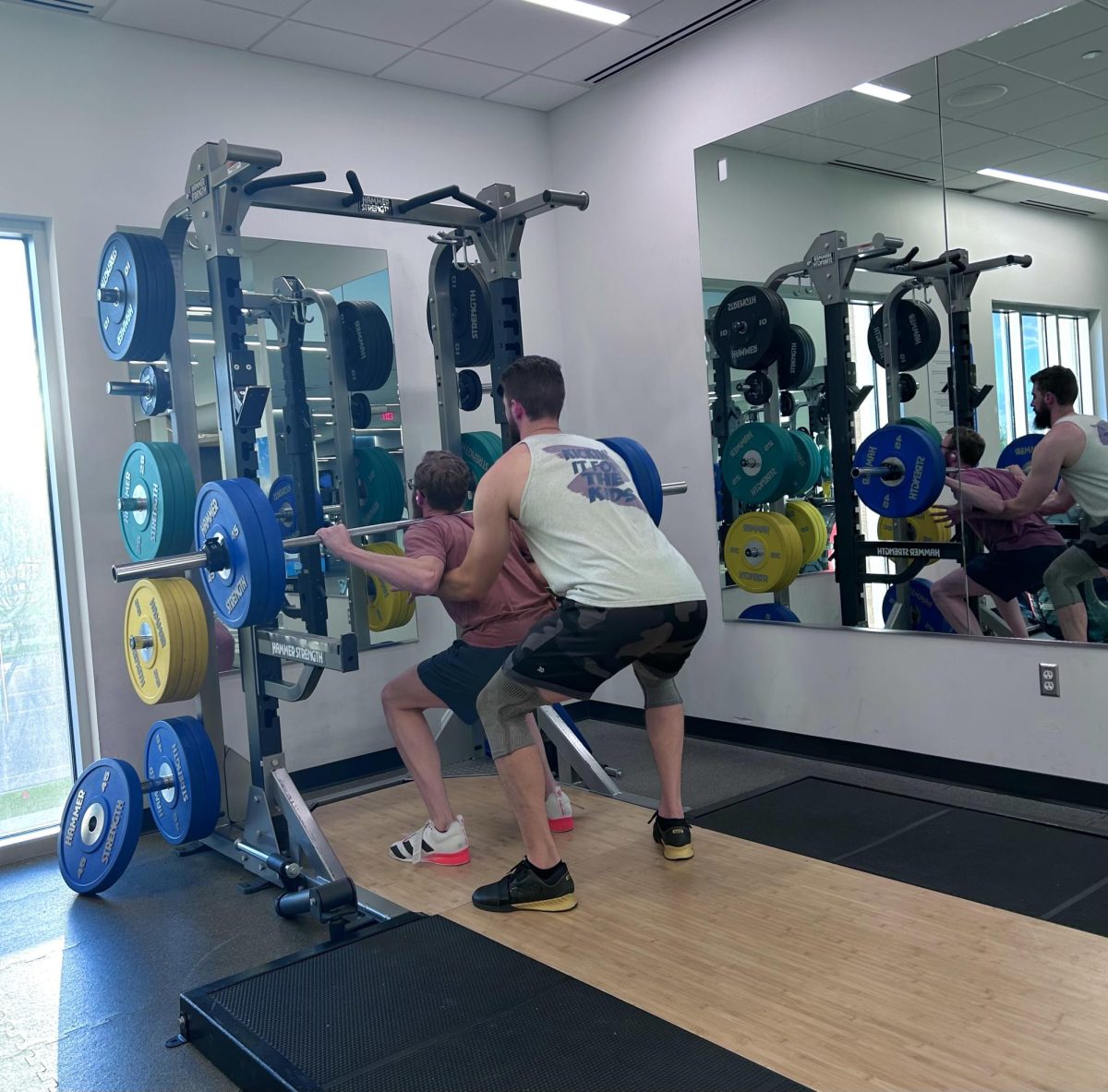

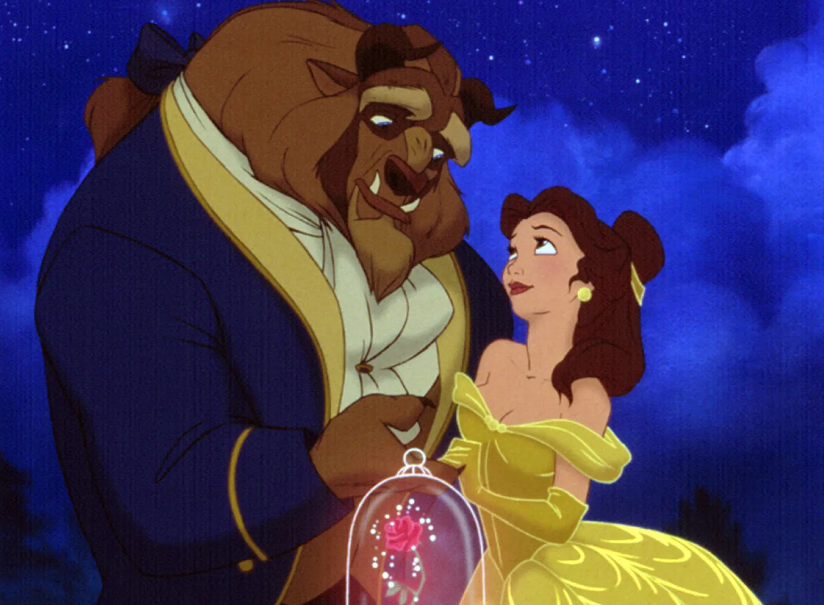
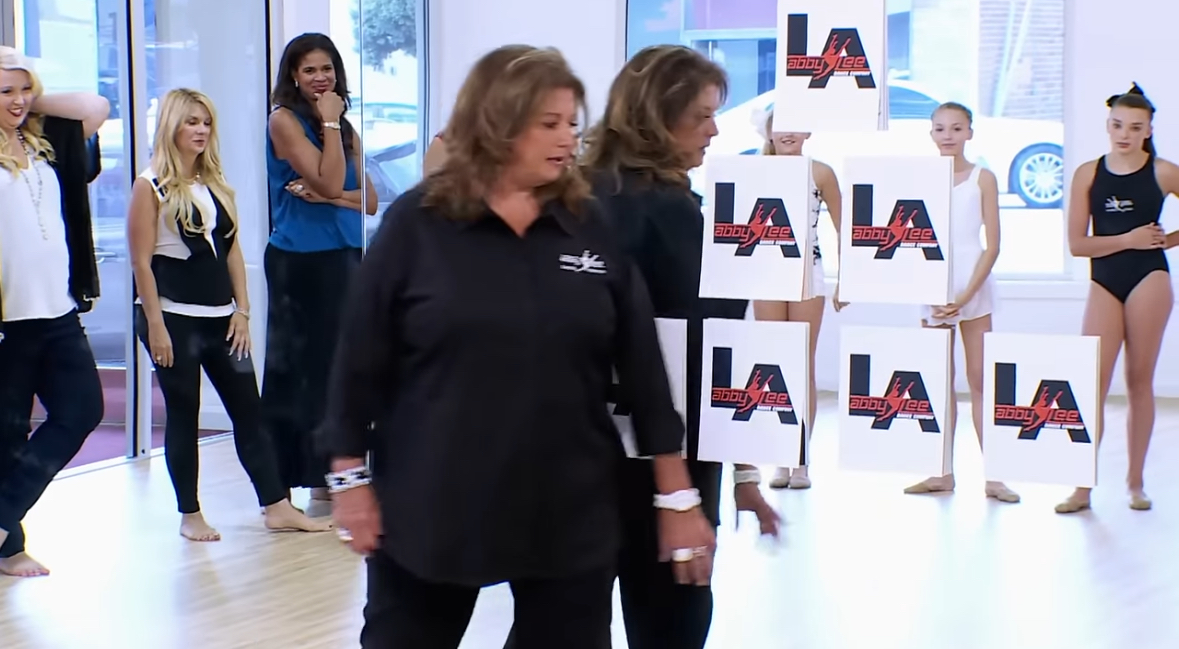
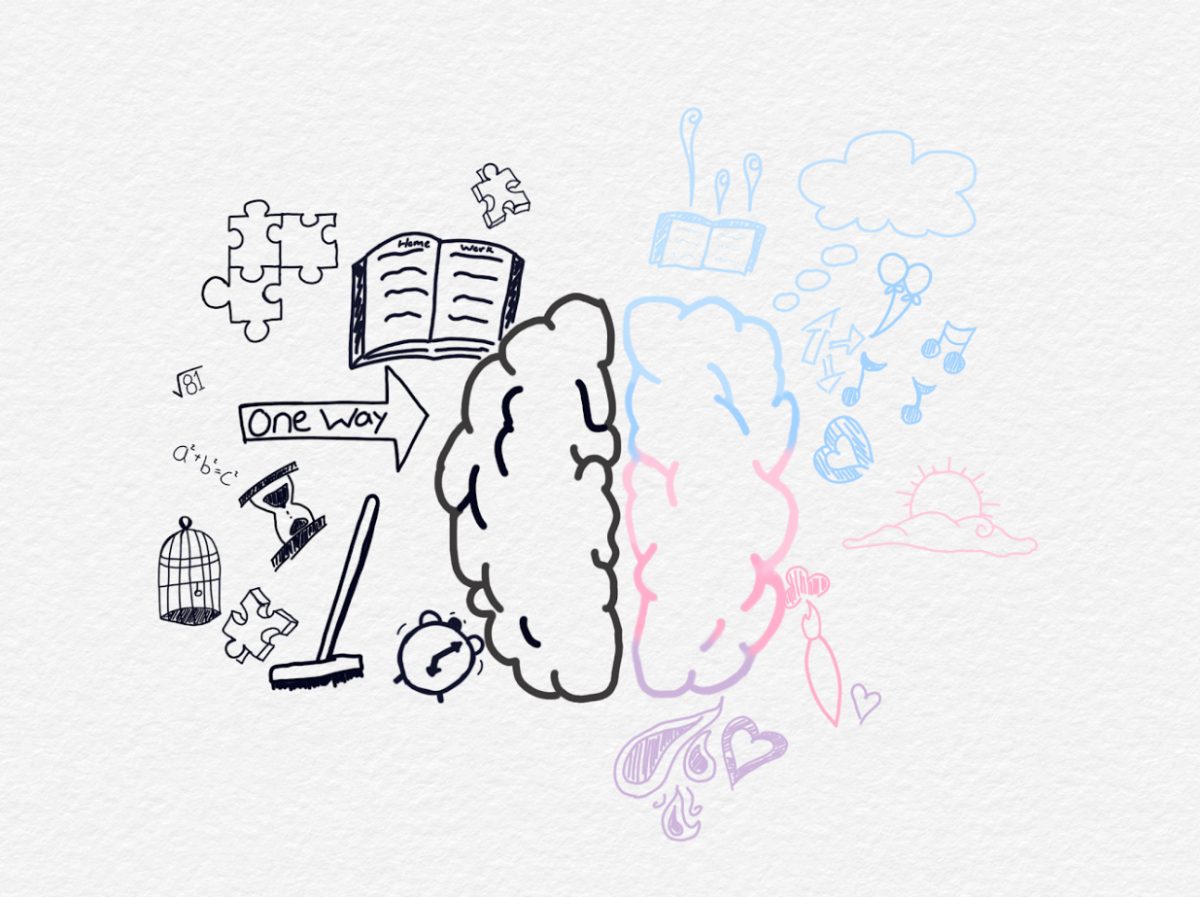




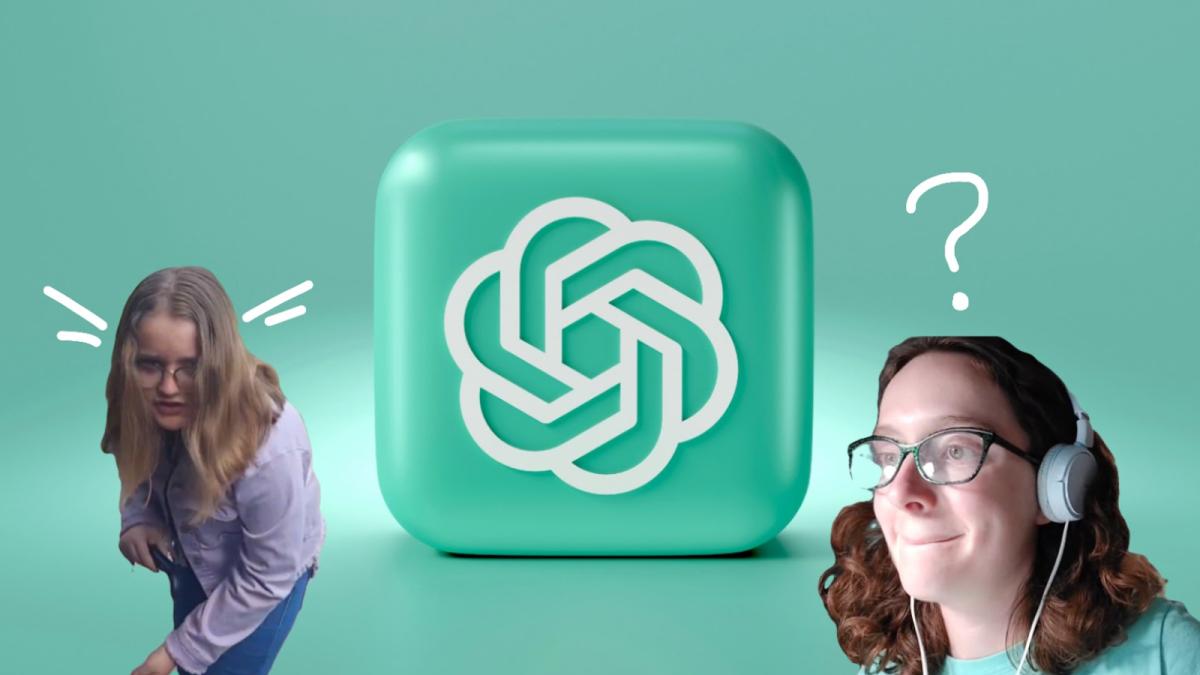
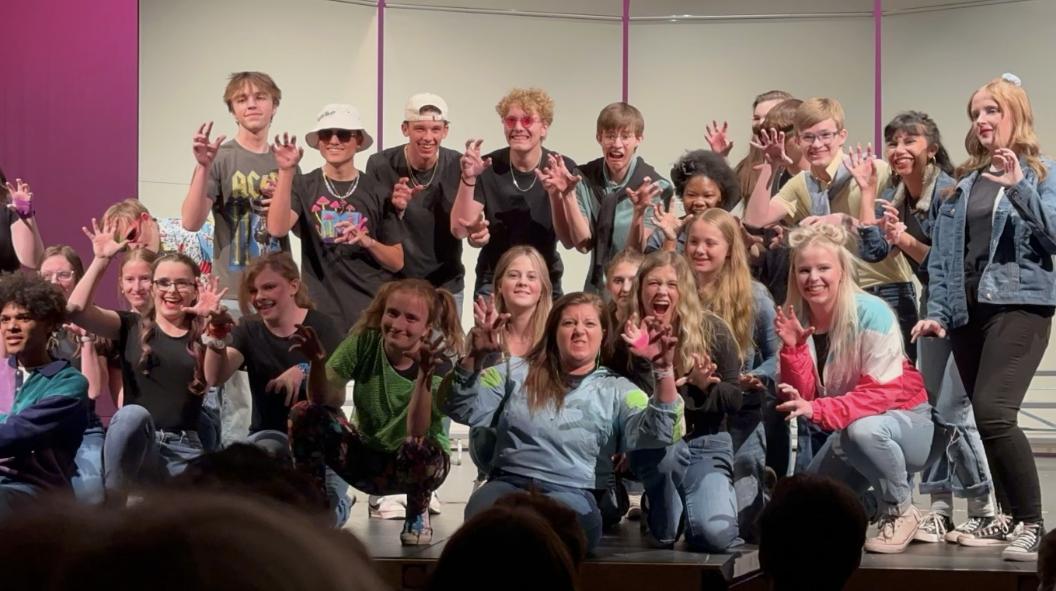
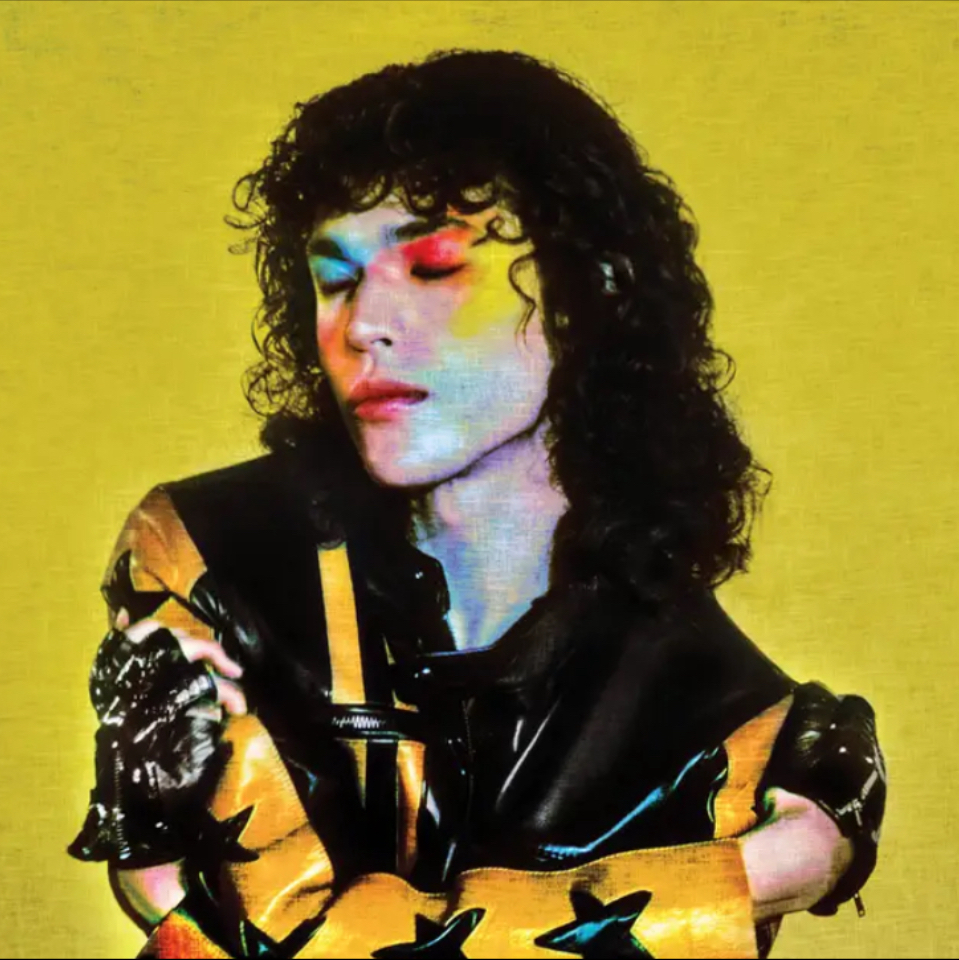
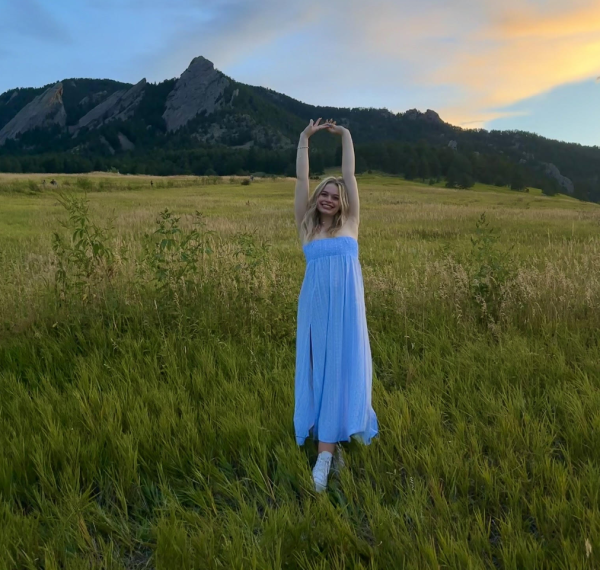
Mr. Parsons • Apr 10, 2024 at 11:12 pm
I like your thinking here, especially pointing out the irony of not letting kids experience the eclipse and essentially mandating that kids stare at screens all day. Good work!
Shayd Fuller • Apr 12, 2024 at 10:33 am
Thanks, Mr. Parsons! I appreciate your kind words.